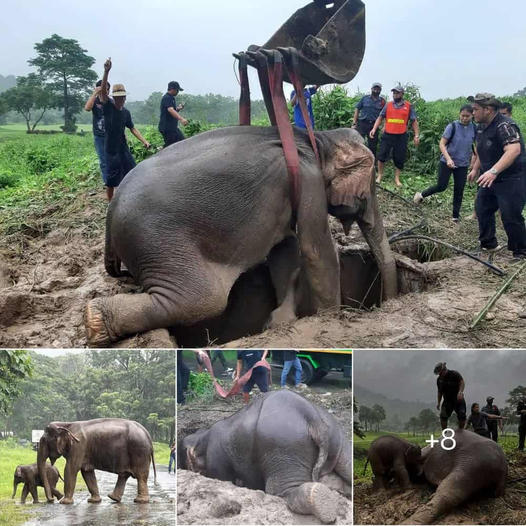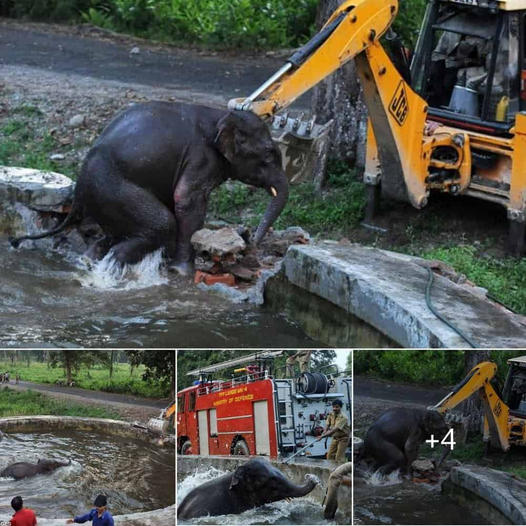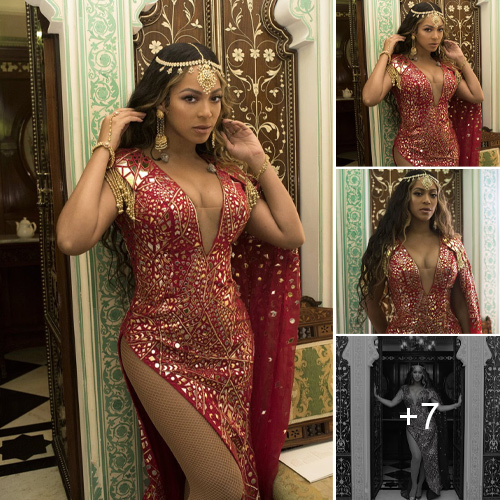In a rare and enlightening gathering, some of the most revered filmmakers of our time came together for the 2018 Golden Globe Foreign Language Film Symposium at the historic Egyptian Theatre. The event featured an esteemed panel including Fatih Akin, Sebastián Lelio, Angelina Jolie, Ruben Östlund, and Andrey Zvyagintsev, who each brought their unique perspectives and experiences to a captivated audience.

The symposium, held annually, offers a platform for directors whose films have been nominated for the Golden Globe for Best Foreign Language Film to discuss the challenges and triumphs of filmmaking across different cultures and languages. This year’s panel was particularly vibrant, showcasing a mix of filmmaking styles and narratives that span the globe.

German director Fatih Akin presented his film, “In the Fade,” a gripping drama about the aftermath of a neo-Nazi terrorist attack, discussing the personal and political motivations behind his storytelling. Akin’s intense dedication to portraying raw human emotions set a profound tone for the discussions that followed.
Sebastián Lelio, hailing from Chile, shared insights into his celebrated film, “A Fantastic Woman.” Lelio spoke about the significance of transgender actress Daniela Vega’s leading role, emphasizing the film’s contribution to visibility and understanding of transgender issues within the context of global cinema.

Angelina Jolie, representing her film “First They Killed My Father,” a harrowing biographical depiction of life under the Khmer Rouge, discussed the process of adapting such a deeply personal and traumatic story to the screen. Jolie’s commitment to authenticity and responsible storytelling was evident as she spoke about the challenges of filming in Cambodia, using a predominantly local cast and daoguing in Khmer.
Swedish filmmaker Ruben Östlund brought a different energy with his take on cultural norms and societal behavior in “The Square,” a satirical drama that questions the role of art in modern society. Östlund’s humorous yet sharp critique of the art world and its often pretentious undertones provided a lighter yet equally provocative perspective.

Andrey Zvyagintsev, the Russian director behind “Loveless,” a bleak yet beautifully crafted story of a divorcing couple whose son disappears, discussed the metaphorical layers of his film that comment on the state of Russian society. Zvyagintsev’s exploration of his characters’ emotional detachment resonated with universal themes of love, loss, and indifference.

The symposium not only highlighted the directors’ unique approaches to cinema but also fostered a daogue about the universal power of film to transcend cultural barriers and provoke thought. The interaction among the directors, each coming from different filmmaking traditions and perspectives, underscored the diversity and dynamism of international cinema.
As the evening concluded, the impact of the symposium was palpable. Audience members left with a deeper appreciation of the complexities involved in foreign language filmmaking and a renewed excitement for the cinematic arts as a powerful medium for cultural expression and societal reflection.
This gathering of cinema’s luminaries at the Egyptian Theatre proved once again that film is a universal language, capable of uniting diverse voices in a shared conversation about humanity’s most pressing stories.




